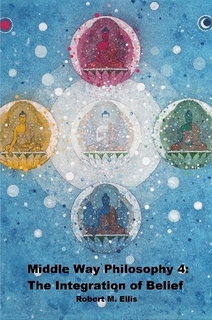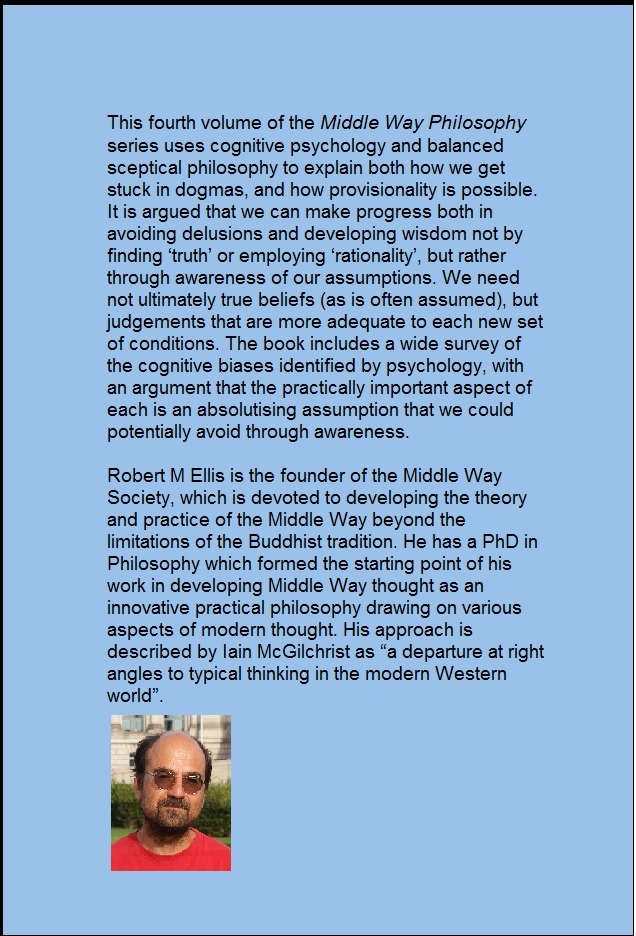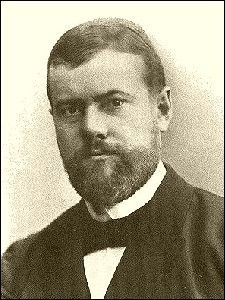Of all the possible appropriations of the Middle Way (and there are many), that by naturalism seems the most common, and the one leading to most confusion. The majority of scientists and philosophers seem to think in naturalistic terms, and the work of thinkers like Sam Harris and Mark Johnson on ethics may seem to have much in common with the Middle Way, yet proclaims itself as naturalistic. What, then, is naturalism, and why do I think it is so important to distinguish my thinking from naturalism? I thought it would be useful to try to give a brief and clear account of that here. Given to what extent naturalism is the zeitgeist (at least in Western academic circles), it seems just as appropriate to stand up and say “Why I am not a naturalist” today as it was for Bertrand Russell a hundred years ago to explain “Why I am not a Christian”.
Here is a definition of naturalism from the Oxford Dictionary of Philosophy (a mainstream source if there ever was one): “A sympathy with the view that ultimately nothing resists explanation by the methods characteristic of the natural sciences”. On Wikipedia, the definition that seems to have been reached by consensus is the “idea or belief that only natural (as opposed to supernatural or spiritual) laws and forces operate in the world.” Often a distinction is then made between metaphysical and methodological naturalism, where the former claims that science offers us ultimate truths, and the latter appeals only to the methods of natural science.
Metaphysical naturalism is obviously incompatible with the Middle Way, because it takes no account of the uncertainty that accompanies any human claim. Methodological naturalism is more subtle, because it only claims that we should rely on the methods of natural science to produce the best available explanations of things. Yet in both cases we need to examine the reason why scientific method or results is appealed to. It is claimed to offer objectivity only because it is a way of ascertaining facts to the exclusion of values. Scientific method, I would argue, is extremely valuable in offering us ways of investigating the world that try to avoid human biases, delusions, and limitations of all kinds. But naturalism should not be confused with scientific method – it is an interpretation of science.
The most basic problem with naturalism of all kinds is that our biases are confused with emotion and value. This reflects a widespread misapprehension: it is not emotions as opposed to reason that cause us to make mistakes, because reasons are inextricably interlocked with emotions. It is unhelpful emotions and interlocked reasons that interfere unhelpfully with justifiable emotions and reasons.
The spectre that haunts Western thought is the fact-value distinction. A distinction between factual claims (e.g. ‘Fred is hungry’) and value claims (e.g. ‘We should feed Fred’) that is valid in the terms of abstract logic is often unthinkingly applied in a very basic, foundational way to thinking about science, ethics, and all kinds of other issues that are concerned with human experience. That logical distinction, however clear it may seem conceptually, is not actually found in human experience, where every factual claim is loaded with values and every value implies facts. If Fred is a friend of mine, my recognition that he is hungry may not even be experienced separately from the felt desire to offer him food. Even the most abstract mathematical or scientific claim is, in practical experience, inseparable from the value of asserting it. The embodied meaning thesis offers further evidence that the very meaning of any language we use is not merely one of abstract representation, but remains dependent on our value-charged bodies.
There are some self-proclaimed methodological naturalists, such as Mark Johnson, who claim not to accept the fact-value distinction, or at least not to accept a crude version of it. But even they are not even-handed, and their claim to address the fact-value distinction is not followed through. If we do not accept the fact-value distinction, we need to recognise not just that values have a factual dimension, but also that facts have a value dimension. That means that all the power we have previously attributed to morality (but falsely separated into an insulated ‘moral’ zone) spreads out and potentially inspires everything else. Health, beauty, art, prudential actions, and science itself, for example, as long as they are integrative rather than dogmatically focused, can thus be recognised as moral activities. In that case, to see the natural sciences as ultimately having the right explanations for everything is just an inexcusable narrowing of human experience and value. Even a subtly articulated takeover of ethics by a single scientific model is still a long way from a Middle Way approach that genuinely follows through on the recognition that all our models have to be provisional.
There is a growing and influential body of opinion that consists of naturalism that has appropriated the Middle Way. But the Middle Way is not to be reduced to the models of natural science, any more than it can be reduced to Buddhism, or to the dominant ways of talking in any other tradition. In my recent discussion with Stephen Batchelor, he seemed to have trouble actually thinking beyond the assumption that the Middle Way was in some way essentially Buddhist, despite simultaneous indications of openness. I’m sure that there will be many naturalists who similarly just can’t digest the idea that the Middle Way is not intrinsically naturalistic. To such people, whatever their tradition, I beg you to open your minds. The possibility of communicating to people beyond your tradition and of overcoming entrenched conflicts between traditions depends on you opening your minds. The Middle Way can be approached in a naturalistic way, but it can also be approached just as readily in non-naturalistic ways. Call me stubborn if you will, but that is central to my vision of what the Middle Way is about, and I will argue for it as long as necessary.




